On June 11, former US president and current presidential contender Donald Trump gathered with a group of bitcoin mining executives at Mar-a-Lago Club, a resort in Florida that Trump dubbed his “Winter White House” during his tenure as POTUS. It was a private event with an admission fee.
Representatives from Arkon Energy, CleanSpark, Core Scientific, Marathon Digital Holdings, Riot Platforms, and Terawulf, among others, were present—a big reunion for the industry grappling with the aftermath of the latest bitcoin halving.
At the roundtable, Trump exhibited his trademark straightforwardness, which he later amplified through social media. “Biden’s hatred of Bitcoin only helps China, Russia, and the Radical Communist Left, ” he posted, “We want all the remaining Bitcoin to be MADE IN THE USA!!!”
For the first time in US political history, a leading presidential candidate has publicly embraced bitcoin mining, subsequently making it a subject for the upcoming election.
Does this signal that crypto now plays a significant role in US politics? And what election outcome would be most favorable for the crypto mining industry?
First they ignore you…
Crypto was briefly mentioned in previous elections, if not ignored altogether. In 2016, candidates overlooked it as a topic, and journalists’ attempts to get a comment ultimately failed.
In 2020, crypto started to get more attention, although it remained a niche topic and didn’t make it to the final round of debates. Democratic presidential candidate Andrew Yang made advocating for clearer crypto regulations part of his campaign. However, he dropped out of the race after receiving zero state delegates and only 1 percent of the vote at the Iowa Caucus. Fellow Democrat and former mayor of New York Michael Bloomberg then picked up the crypto advocacy mantle but soon halted his campaign as well despite spending $1.2 billion.
This time around, both leading candidates—especially Donald Trump—have significantly expanded their positions on the matter. Ron Hammond, Director of Government Relations at Blockchain Association, emphasized that crypto is now taking center stage in the elections. “While many in DC dismissed the idea of a ‘crypto voter’ earlier this year, we have seen a complete turnaround,” he said in an email. “Trump escalated crypto to the main stage.”
Trump’s crypto flip
Notably, the former US President wasn’t always a big supporter of bitcoin. Perianne Boring, Founder and CEO of Digital Power Network, the advocacy organization for US bitcoin mining companies, highlighted how Trump’s current stance represents a complete reversal from his initial views. In a conversation with TheMinerMag, she described it as a “full 180”.
Trump first made a clear statement on crypto during his presidency in 2019, when he tweeted: “I am not a fan of Bitcoin and other Cryptocurrencies, which are not money, and whose value is highly volatile and based on thin air.” To reaffirm his dislike for the dominant digital asset, he reiterated in June 2021 that bitcoin “seems like a scam” to him.
However, not so long after, in 2022, Trump launched his Polygon-based NFT collection and later hosted a “Gala VIP Dinner” for people who bought at least $4,700 worth of “Trump Cards”.
In 2024, as his current presidential campaign gained momentum, the Republican candidate strongly opposed the creation of a Central Bank Digital Currency (CBDC), arguing that it would give the federal government absolute control over personal finances. This marked the beginning of his pivot on cryptocurrencies. He soon stated that bitcoin had “taken a life of its own”, and admitted he sometimes accepts BTC as a payment method.
In May, Trump’s campaign office announced that they are accepting donations in bitcoin, ether, and other cryptos. A few days later, the presidential candidate declared he is “very positive and open-minded to cryptocurrency companies”.
B is for ‘Bipartisan’
Around the same time, the Biden administration seemingly began subtly warming up to crypto, too.
In late May, The Block reported rumors that Biden’s administration was seeking guidance from crypto insiders. More recently, Kraken CEO Dave Ripley suggested that the executive branch’s stance on crypto has softened. “Over the past couple of months, we’ve seen strong support—and now bipartisan support as well,” Ripley told CNBC last week.
Sabrina Siddiqui, s spokesperson for Stand with Crypto, a non-profit advocacy group, told TheMinerMag, “The crypto voter is real, bipartisan, and enthusiastic about this election.”
According to Siddiqui, her organization had 400,000 new members in the two-week run-up to the FIT21 vote, digital assets legislation that passed the House of Representatives on May 22—a big victory for the broader crypto industry.
“It showed just how bipartisan crypto has become,” Blockchain Association’s Hammond said of the decision, noting that with two-thirds of the House having voted on it, the support was not unanimous on either the Republican or Democratic side.
Notably, many Democrats voted for the bill despite Biden opposing its passage. Elizabeth Warren, a key ally of the president known for assembling an “anti-crypto army,” vocally criticized the outcome, citing concerns about national security threats from Iran and North Korea.
According to a report published by investment firm Grayscale, crypto ownership rates are similar among Republicans (18%) and Democrats (19%).
The Electric debate
When it comes to bitcoin mining specifically, Trump has made his present position clear. But what is Biden’s perspective?
At the moment, the biggest (if not the only) indicator of the current President’s stance on the matter is reflected in the Digital Asset Mining Energy (DAME) tax, which was introduced in the 2024 federal budget. This tax proposes up to a 30% levy on cryptocurrency miners’ electricity costs to to mitigate their environmental impact, particularly on climate change.
According to Perianne Boring, the Biden administration is treating the DAME tax as a priority that will persist even despite facing resistance in Congress.
“Biden’s recent campaign messaging on crypto doesn’t necessarily eliminate his continued pursuit of the tax in his next term,” she explained, noting that the president’s priorities are not binding, and the executive branch cannot impose a tax.
Tom Mapes, Founder and President of the Digital Energy Council, the advocacy group focused on digital energy, also emphasized the impact of Senate control on the DAME tax. He pointed out that the composition of Congress is critical: “If Biden wins and Democrats control the House and Senate, it would increase the likelihood that the DAME tax would be introduced and passed into law.”
As such, the DAME tax underscores the importance of energy politics in bitcoin mining, with the candidates approaching the topic very differently.
“Biden’s energy policy focuses heavily on addressing climate change through a transition to renewable energy sources and reducing carbon emissions,” Mapes said, referencing the Biden administration’s decision to rejoin the Paris Agreement. “In contrast, Trump’s energy policy prioritized energy independence and economic growth through the expansion of all fuels and all technologies.”
Despite these differences, there are potential allies for bitcoin mining within the Democratic camp as well. According to Lee Bratcher, President and Founder of the Texas Blockchain Council, elected officials who prioritize energy abundance as a catalyst for human prosperity tend to favor bitcoin mining. While this viewpoint is more commonly found on the political right, Bratcher said, there are supporters of bitcoin mining across party lines. However, insiders generally lean towards Trump as the preferred candidate for the best election outcome for bitcoin mining:
“A Trump Administration would be far more favorable towards bitcoin mining and the digital asset industry as a whole so it is not surprising that many, even some in our industry who lean left, are holding their nose and hoping for a Trump victory.”
Ultimately, however, the bitcoin mining industry seeks fair treatment rather than preferential policies. “The bitcoin mining industry wants to operate in a political environment free from the risk created by incoherent or predatory policy proposals,” Digital Power Work’s Boring said. “Our members aim to operate within the same reality as other companies and industries in the U.S.”
“We should take every threat to bitcoin mining in America very seriously,” emphasized Bratcher.
By Stepan Nilov



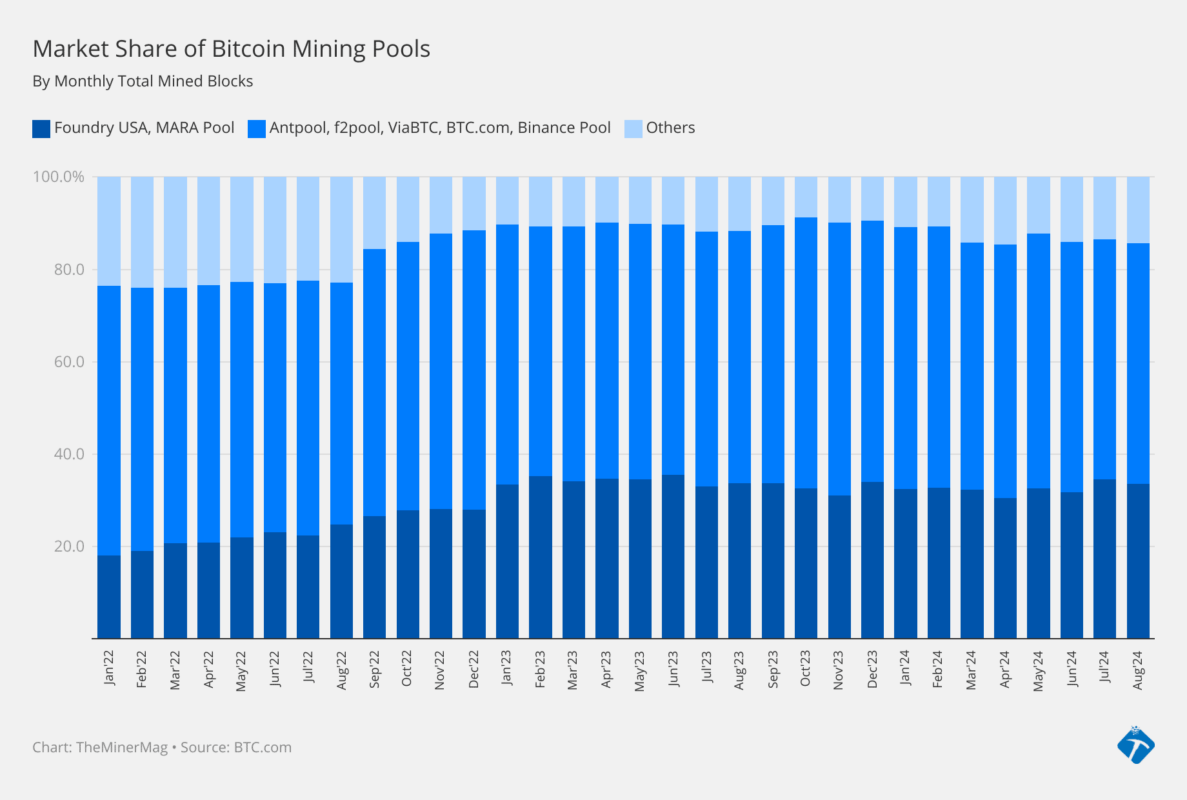


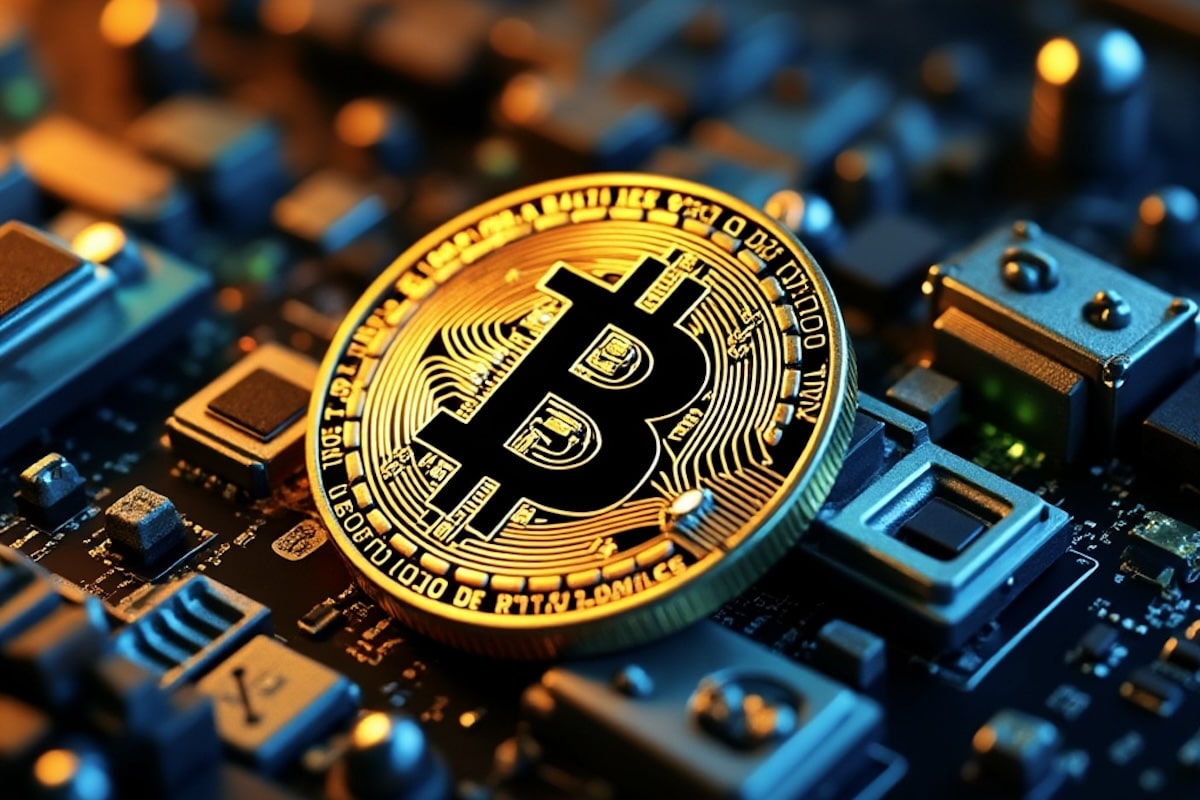

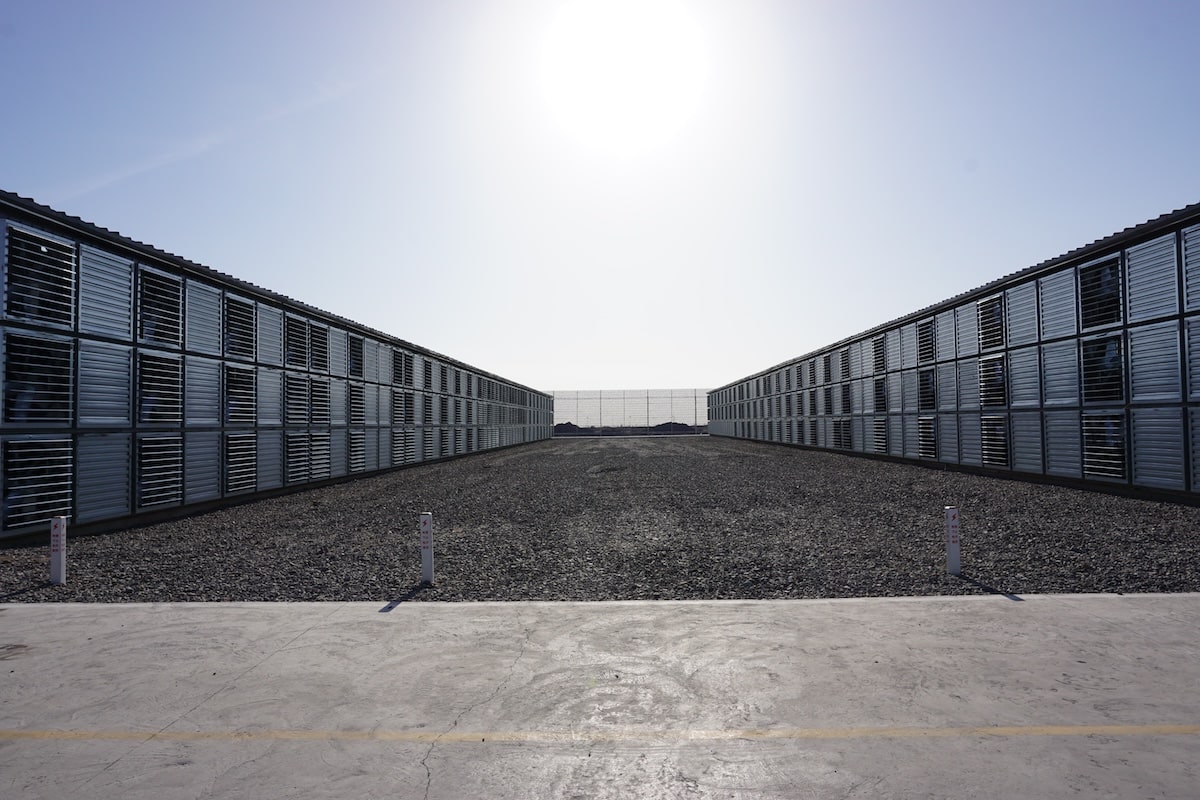

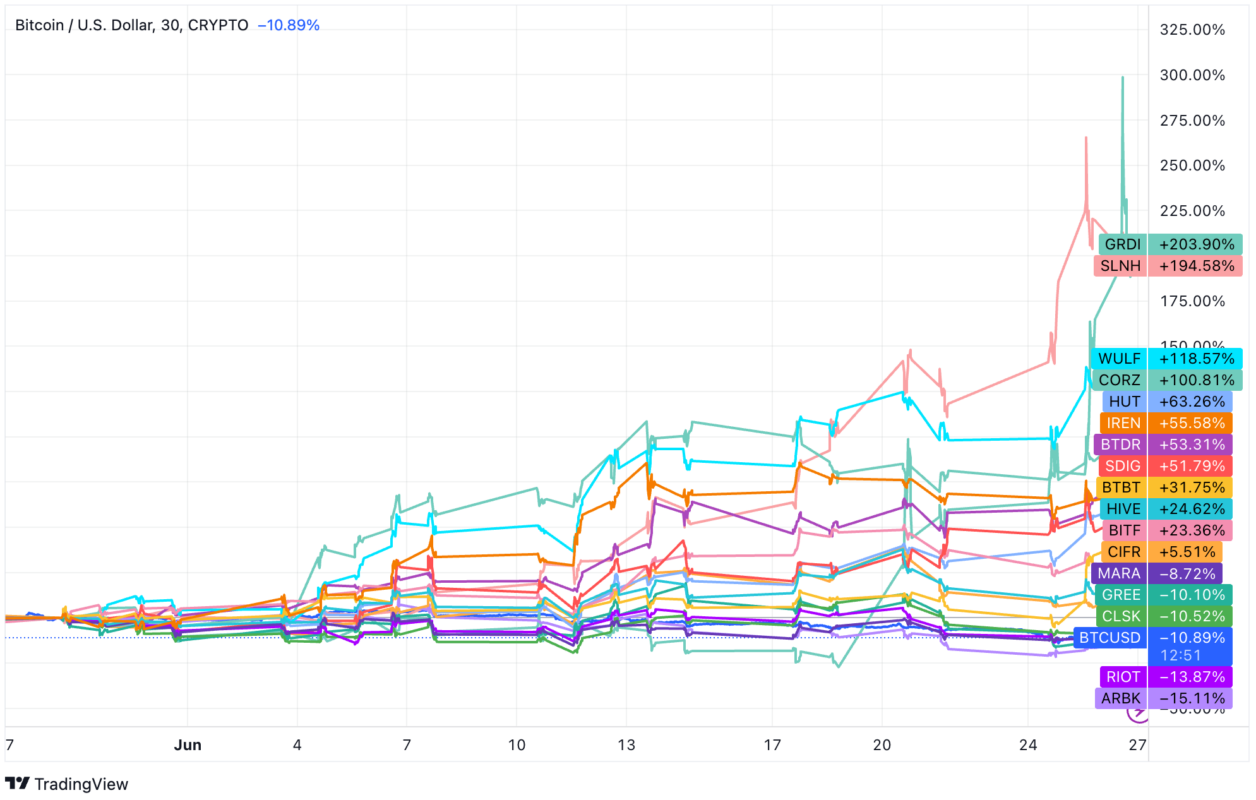

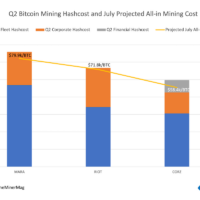
Share This Post: